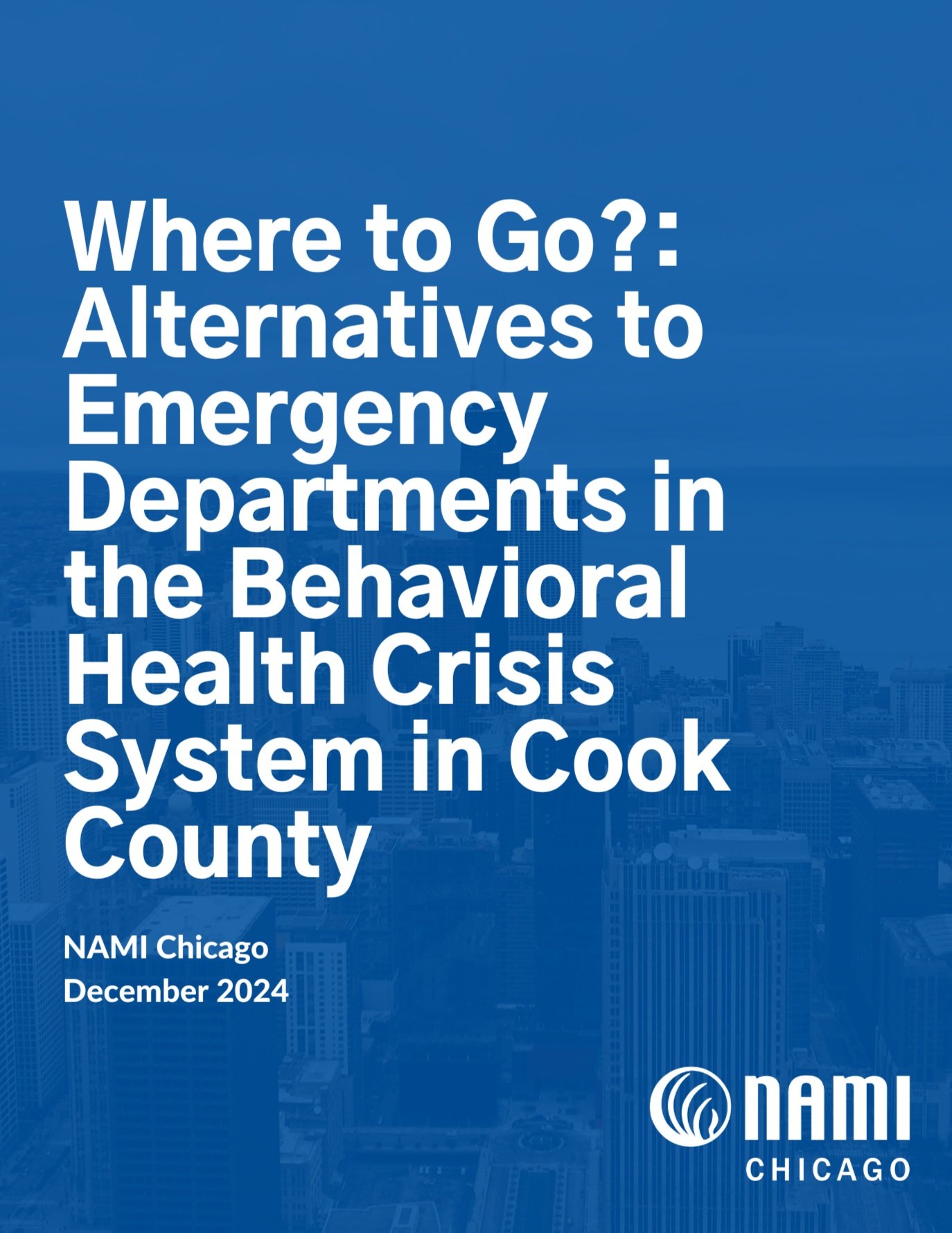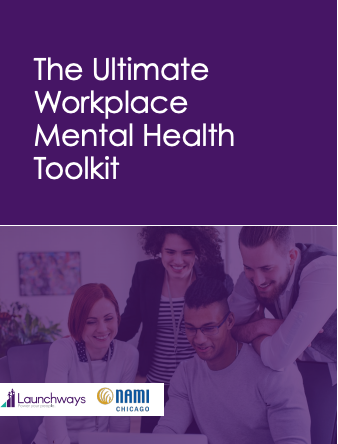Reports
April 3, 2025
NAMI Chicago is doing impactful research that advances conversations, policies, and action on urgent behavioral health issues. Our research illustrates that a lack of regional leadership and housing options hinders our ability to help people who are experiencing a behavioral health crisis. This paper hopes to outline and identify ways to avoid the use of crisis systems that harm individuals and their communities by building human centered options for those needing immediate interventions to maintain safety. NAMI Chicago views alternatives to EDs as a concept to support a less oppressive response. More solutions and continued advocacy are needed to fully achieve this transformation. NAMI Chicago remains committed to identifying, developing, and advocating for policies that contribute to a fundamental shift in our behavioral health system.
July 11, 2022
The Mental Health Access on College Campuses Learning Collaborative was formed in 2021 by advocacy organizations NAMI Chicago (National Alliance on Mental Illness) and Young Invincibles. The Collaborative is a space for higher education leaders to share and learn best practices in supporting student mental health on campus, both in a peer-to-peer capacity and with subject matter experts. This IL Mental Health Resource Guide holds all the knowledge shared through the Collaborative during its first year, 2021-2022, to codify a knowledge base that leaders can utilize in the years to come.
September 22, 2021
WELCOA and NAMI Chicago are pleased to partner to share what we have learned about the roles that Wellness and Mental Health play in the workplace with this Well Workplace Mental Health Toolkit.
There has never been a better or more important time to invest in building a mental health-friendly workplace. This toolkit provides a framework with clear explanations and actionable steps to build toward a well workplace and improve your workplace mental health approach.
July 16, 2021
Mental health advocates across the country have been fighting for decades to reduce reliance on the criminal court system for people living with mental health conditions.
NAMI Chicago’s brief makes several recommendations to reform the approach to mental health needs within the criminal court system and state operated forensic system, including refocusing the system from punishment to recovery, training court stakeholders on the importance of mental health to increase the likelihood of diversion at the earliest possible point, and improving transparency and accountability through data collection, analysis, and policy development.
July 9, 2020
In Spring of 2020, NAMI Chicago was a leader in the City of Chicago's COVID-19 Recovery Task Force (RTF), co-chairing the Mental & Emotional Health Committee alongside Chicago Urban League and Heartland Alliance. In July 2020, the RTF released this advisory report. NAMI Chicago provided expertise for the recommendations around addressing new and old traumas, engaging all sectors in creating healing across the city, diversifying the mental health workforce, and continuing efforts to make mental health services accessible for every Chicagoan.
May 21, 2020
In response to the ongoing need for management of mental health in the workplace, NAMI Chicago joined Launchways, a Human Resources strategy and improvement company, to develop “The Ultimate Workplace Mental Health Toolkit”.
This toolkit touches on several areas of mental health which are relevant to workplace culture, as well as action items for maintaining and supporting employee mental wellness. NAMI Chicago and Launchways have developed guidance, surveys, and action items which can be directly implemented by HR leaders in all workplace settings to support mental health.
Read the toolkit here.
December 19, 2019
NAMI Chicago partnered with Mayor Lori Lightfoot’s office and the City’s Crisis Intervention Advisory Council (CIAC) in 2019 to provide recommendations to expanding equity and healthcare access to all residents in the city. The recommendations complement and build off the mayor’s Framework for Mental Health Equity announced in October.
In partnership with advocates, experts, healthcare providers and community members from across Chicago, NAMI Chicago released a report of our recommendations to better align the City’s mental and behavioral health services, which included establishing a citywide trauma response strategy, improving crisis response training for first responders and creating a first-of-its-kind Victim Services Coordinator in the Mayor’s Office.
January 23, 2019
Over the last few years, the conversation about mental health has shifted in our city. There have been important discussions around mental health and trauma support, advanced training, and stigma reduction for mental health. These are important steps, but if we want to really advance change in Chicago's mental health system, we have to think bigger.
NAMI Chicago and our partners - those with lived experience, providers, and advocates - have produced a Roadmap to Wellness to lay out our vision for a vibrant, well city. This roadmap is designed to support leaders and policy makers with key insights and actionable recommendations for change, such as investing in the wellness of public employees experiencing high levels of stress and expanding staff with expertise in behavioral health issues within the Chicago Department of Public Health and the Mayor’s office.
December 17, 2018
Mental health and substance use treatment works. It just needs to be accessible at the right time and in the right place. With stable housing, employment opportunities, support in the community and proper treatment, people live full lives, like others living with other medical conditions.
NAMI Chicago, together with The Kennedy Forum Illinois and Thresholds, has issued a set of recommendations to Governor-elect Pritzker and members of the General Assembly to guide key policy priorities in 2019 and beyond. Prioritized over the next three years, these recommendations focus on:
Prioritizing Prevention and Early TreatmentDeveloping Services for People in a Mental Health or Substance Use CrisisEnding Insurance Discrimination
View the Executive Summary or the full report.
February 28, 2018
In 2017, NAMI Chicago was appointed co-chair of the Illinois Mental Health Opportunities for Youth Diversion Task Force (Public Act 99-0894), focused on enhancing diversion services for justice involved youth living with mental health conditions. The Task Force released the final report on February 28, 2018.
April 2017
The Task Force began their work with a scan of diversion programs as a starting point. The Mental Health Diversion Programs Best Practice Guide describes the programs operating at the beginning of 2017 in Illinois and nationally, looking at the commonalities among these programs.
May 2015
NAMI Chicago's 2015 white paper, Making the Case for Funding and Supporting Comprehensive, Evidence-Based Mental Health Services in Illinois, explores the state of Illinois' public mental health system, the ability of the system to provide recovery-promoting services, and how to build a better system for the future.












